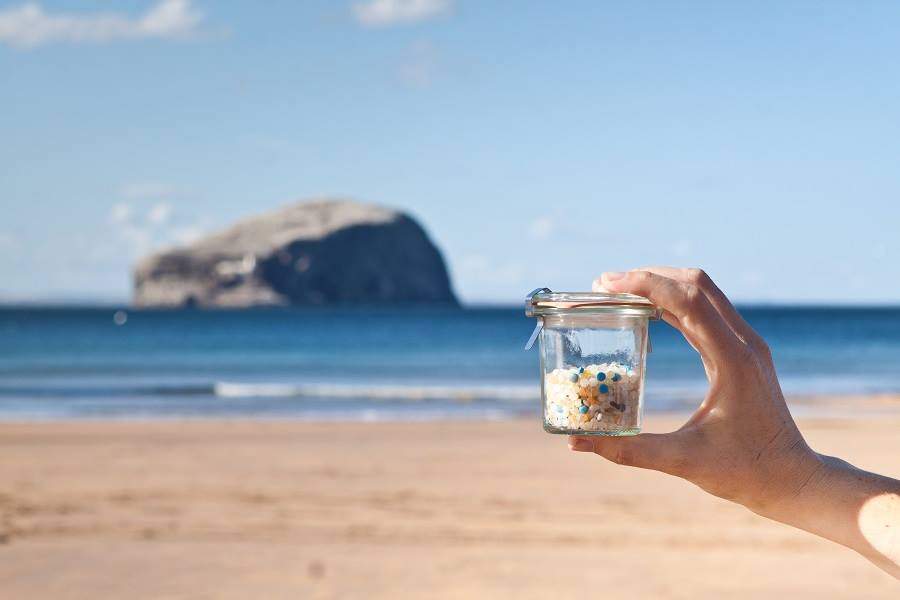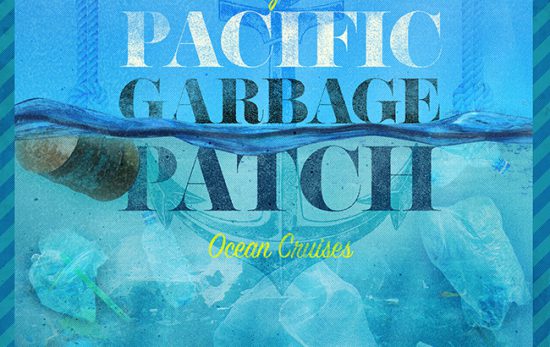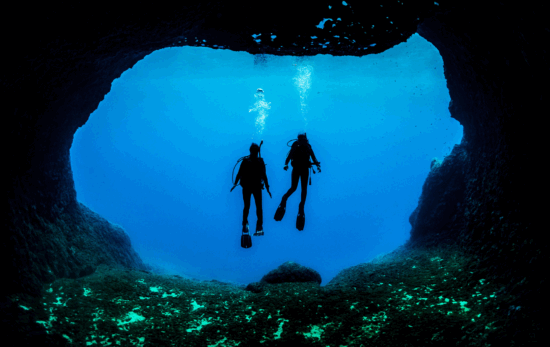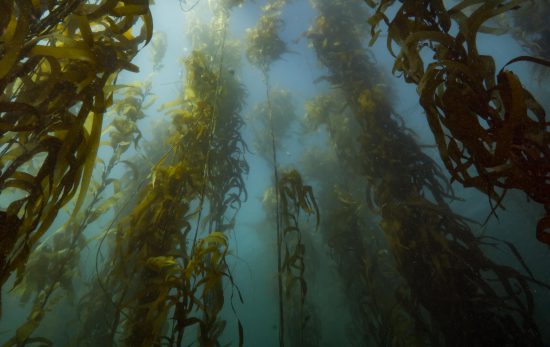Have you ever asked yourself how plastic is transported around the world before it’s turned into products? Most people haven’t but here’s the answer; Nurdles.
So, what is a nurdle?
They’re tiny pellets of plastic, used in the plastics industry to transport raw plastic from manufacturer to the factories where they are processed into products.
Let’s put it into perspective
According to The Great Nurdle Hunt website the UK produces around 2,500,000 tonnes of raw plastic material each year, and imports around 2,300,000 tonnes. Each tonne of plastic is made up of 10,000,000 nurdles. That’s 48,000,000,000,000, or 48 trillion individual plastic pellets. For the UK alone.
How do they end up in the sea?
Nurdles are about the size and shape of a lentil and very light. There are plenty of ways they can end up in the sea, but most of them start with a spill in transit. Once spilt they are light enough to be blown into drains by the wind, and too small to be caught in drainage system filters.
What damage can they cause in the sea?
First of all, as they are such small pieces of plastic they can be mistaken for food by fish and marine animals. With no nutritional value this can be very detrimental to the health of the animal. A new study has also shown that filter feeding mussel embryos that are growing in water contaminated with nurdles are more likely to die prematurely, or have their normal development harmed.
What can be done about it?
From finding and reporting nurdles as part of a Dive against Debris to joining the Great Nurdle Hunt or sending samples to the International Pellet Watch. There are plenty of ways to get involved to protect, remove and study the effects of nurdles in the environment.
You can help out on your surface interval too – often nurdles are found on beaches and bays. The organisers of The Great Nurdle Hunt have created this handy guide to make your nurdle hunt a bit more productive.
The plastics industry is also taking a stand by creating Operation Clean Sweep, with the objective to end plastic pellet loss.
They might have a funny name, but the effect they have on the environment is anything but.





